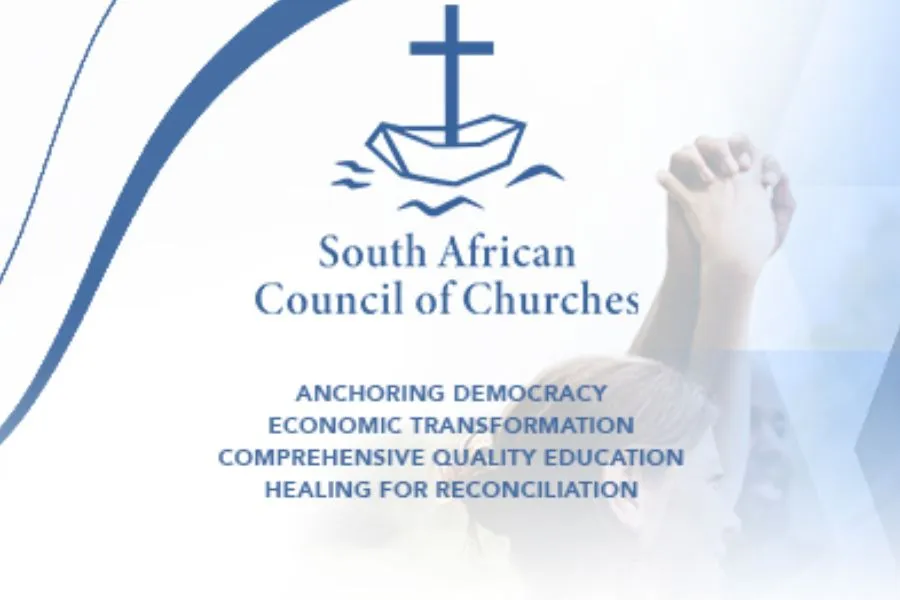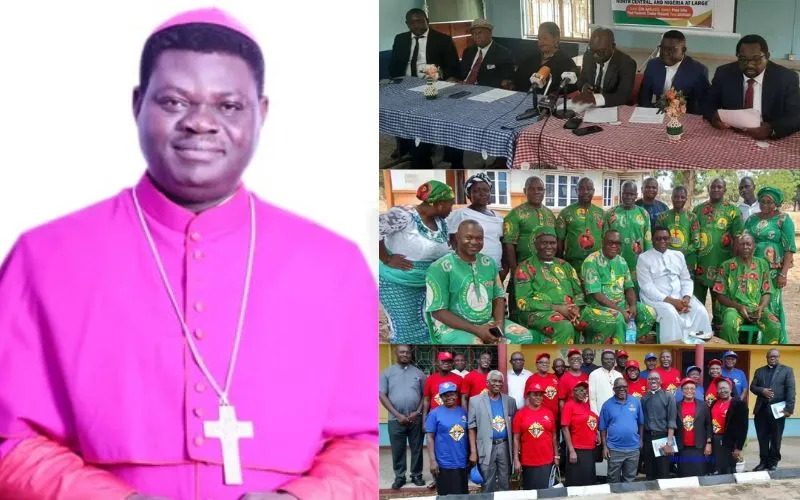The church leaders underline the need for constant updates on the progress of the fight against corruption, and advocate for “a mandatory minimum sentence that should be imposed on those involved in corrupt activities, and the people of South Africa deserve a better existence.”
In the three-page statement dated June 22, the church leaders who were commemorating the first anniversary of the Zondo report lamented the delayed implementation of the report’s recommendations.
The report implicated South Africa’s former president, Jacob Zuma, and other State officials in improper relationships with the Gupta family, including corruption.
According to SACC officials, the recommendations in the report included “workable solutions to the issues of the mismanagement of public funds; stabilizing the procurement practices in public institutions by tightening systems and weeding out the perpetrators of corruption; establishing a safer environment for whistleblowers and public officers acting in good faith.”
They say, “Given that it’s been a whole year to the day since the final submission of that weighty report was made public, it is appalling that so little has been achieved in response to such a seminal report that cost the nation close to a billion rand.”
“We can accept that there is much work to be done, however, the pace at which these recommendations are being implemented, and the lack of frequent updates in terms of actions taken and milestones achieved is worrisome and needs immediate attention,” the church leaders add.
SACC officials urge the people of God in South Africa to own the fight against corruption and use the recommendations in the report as guidelines to fight the vice. In doing so, they say the public will mount “necessary pressure to hold the government accountable for the execution of the recommendations.”
The church leaders regret the fact that “no serious convictions against any senior personnel fingered in the report” have been made even one year down since the report was unveiled. They say that the process of conviction is “disappointingly slow”.
“This pace is unacceptable,” they say, adding, “The prosecuting authority and investigating institutions must act swiftly, and transparently, and ensure robust cases against the culprits.”
The SACC members also urge the government to protect the whistleblowers of corruption as recommended in the Zondo report and as stipulated in article 32(2) of the United Nations Convention Against Corruption.








